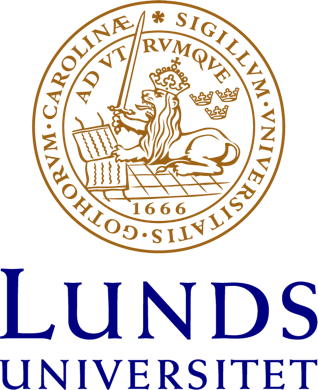apr
Cognitive Semiotics Seminar: "New Tools for Music Analysis: Cognitive Semiotics and Triangulation" (Gabriele Giacosa, University of Cologne)
Taking the opportunity that Gabriele is visiting Lund this and next month, he will be presenting a much updated cognitive semiotic analysis of Arvo Pärt's immortal musical piece "Spiegel im Spiegel", compared to what what he presented some time ago online. As you can read in the abstract, it will be an interactive seminar, so all are welcome to join in. As usual, please come to the room or link a few minutes before the seminar starts at 15:15, with cameras on for zoom participants.
Throughout the centuries, the long tradition of music analysis branched out into several directions – from formal/mathematical approaches to psychological ones. Nonetheless, although subjective introspection has often been implied as central to the analysis of meaning in music, few scholars have approached music analysis through a phenomenological lens. Among those few, phenomenology is typically intended as “second” or Heideggerian phenomenology (Christensen, 2012), focusing on interpretive acts rather than the formal structures of experience.
In this presentation, I shall highlight the potential benefits of including cognitive semiotics (and “first”, i.e. Husserlian phenomenology) in the analysis of musical meaning. I will propose a cognitive-semiotic analysis of Arvo Pärt’s Spiegel im Spiegel (1978), grounded in a 1st-person introspective description of the experience of listening to the piece. This will unravel layers of meaning-making that are typically ignored in music analysis – such as the multi-layered experience of musical time, and the affective responses to all such layers (as opposed to specific emotions related to singled musical components).
This analysis reinforces the interpretation of the Semiotic Hierarchy obtained in a previous analysis of musical meaning-making (Giacosa, 2023). It also allows for a comparison with previous (second-)phenomenological analyses of music (Ferrara, 1984) and the different amount of theoretical pre-orientation involved in cognitive semiotics.
In order to apply a bit of phenomenological triangulation (Pielli & Zlatev, 2020), I wish to involve the audience in a few minutes of listening to the analysed piece. This should also allow for an open reflection on what should the goal of (music, or any) analysis and the specific relevance of 3rd-person perspective investigations in such analyses.
Om händelsen:
Plats: IRL: room H402, online: https://lu-se.zoom.us/j/61502831303
Kontakt: jordan.zlatevsemiotik.luse
